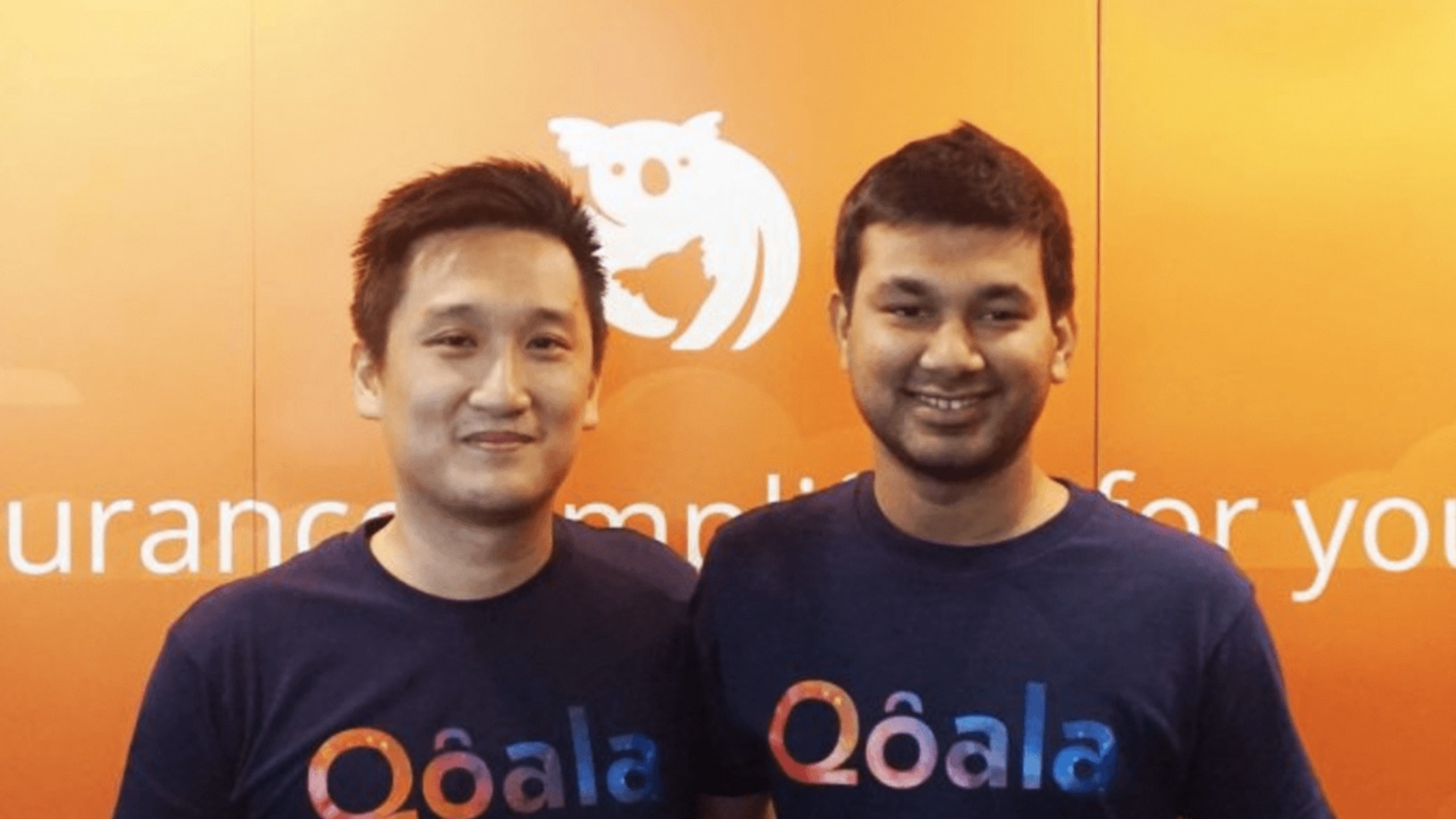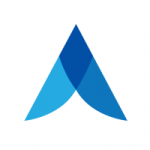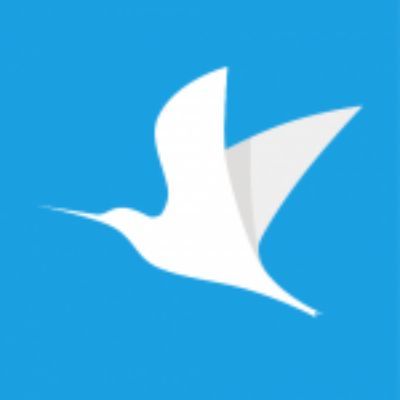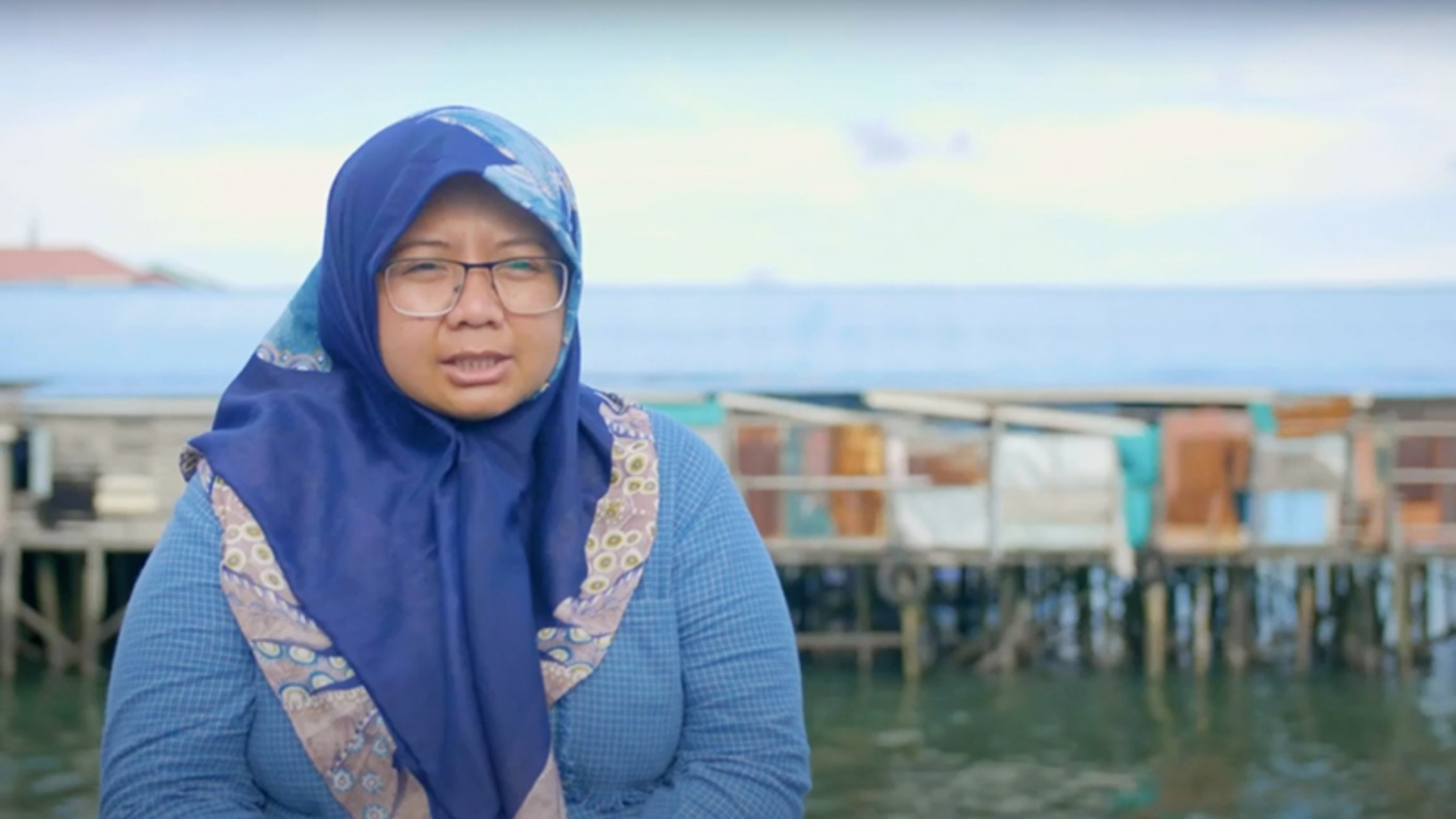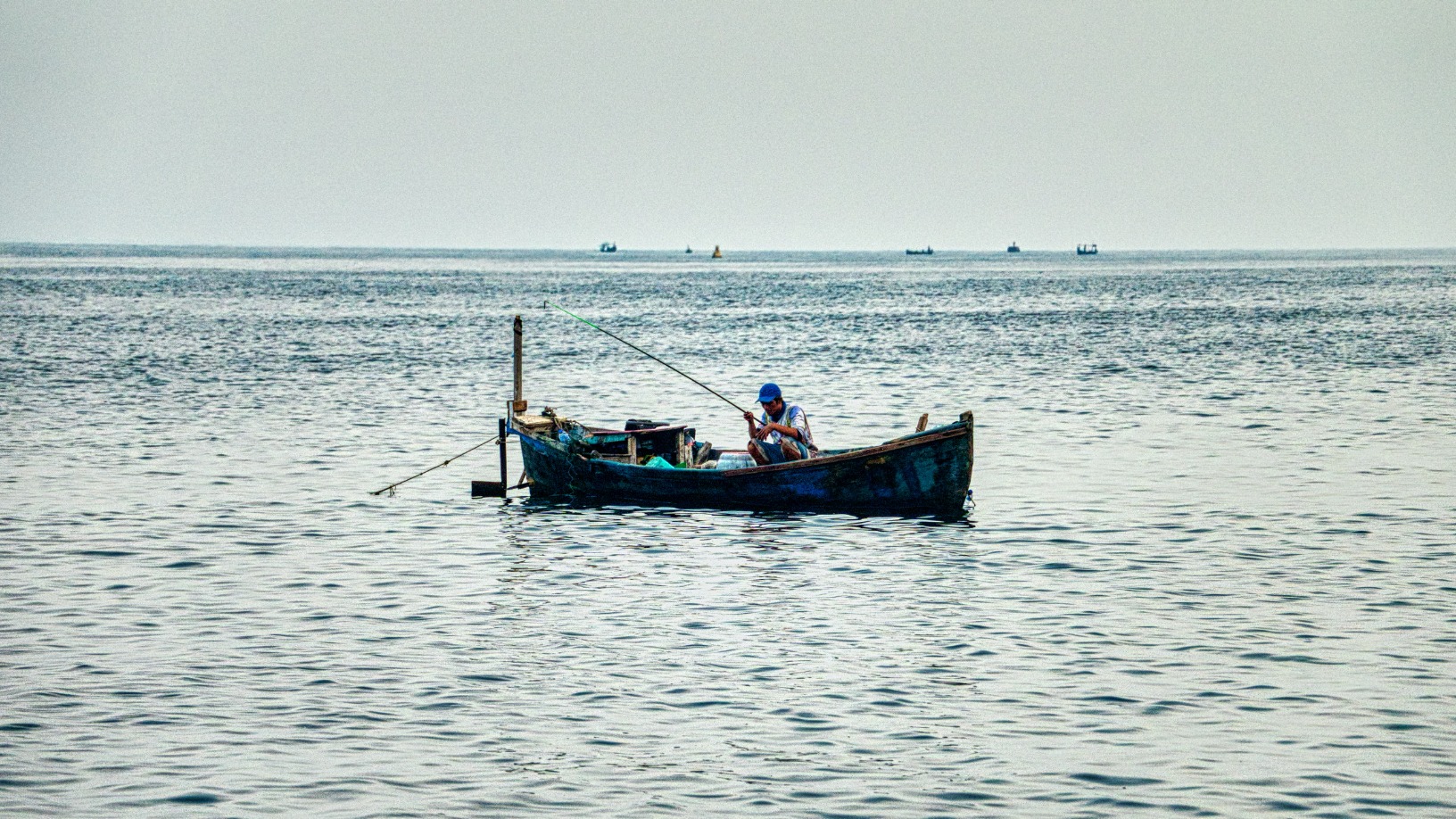Undaunted by a temporary slump in insurance sales caused by the Covid-19 pandemic, Indonesian insurtech Qoala is expanding into Thailand and forging new partnerships to expand across Southeast Asia. Last month, Qoala acquired FairDee, a Thai insurtech startup founded in 2019.
Qoala CEO and co-founder Harshet Lunani told CompassList in a recent interview that the two companies were able to find good synergies due to similarities in business models and technologies. For example, both FairDee and Qoala operate platforms that allow users of their apps to act as agents for their insurance products. FairDee, which will retain its brand, currently also operates in India and Singapore.
In October 2020, Qoala began offering Covid-19 insurance for travelers who purchased tickets from the online travel booking site Traveloka. "The travel industry is recovering and [insurance] products for this sector have been developed to be more interesting,” Lunani said.
He added that Qoala achieved “six times” growth compared to 2019. The company is currently focusing on strengthening its position in Indonesia and Thailand, as well as Malaysia and Vietnam, where it recently acquired licenses to operate.
Other strong growth areas for Qoala include vehicle, health and life insurance, as well as products related to e-commerce, such as product delivery insurance and gadget protection. Following a partnership with e-wallet operators OVO and Dana, users of the two e-wallets can now purchase Qoala’s microinsurance products from the respective mobile apps.
Covid-19 insurance
Indonesia’s travel and tourism industry was badly hit by Covid-19 during the first half of 2020 when there were strict restrictions on travel and other activities. However, many inter-province travel limitations have since been lifted in favor of mandatory testing and travel has slowly recovered.
Lunani said that its Covid-19 insurance product, which covers testing and hospitalization fees, has helped Traveloka provide its customers with more flexibility and peace of mind. In addition, by partnering with a large platform, Qoala is able to attract more buyers for the product, spreading the risk across more clients.
Qoala found the risk to the underwriter, sharia-compliant insurer Takaful Umum, to be lower than initially perceived.“Being in an enclosed space like a bus or an airplane can increase risk of exposure to Covid-19, but travelers take their own precautions and follow mandatory safety measures like wearing masks and testing for Covid before the trip,” Lunani said.
“If people didn’t care about Covid and didn’t understand the risks, they would be more careless and products like Covid-19 insurance would be more difficult to roll out,” he added. Qoala’s other partners in the travel and tourism industry include travel aggregator PegiPegi, a Traveloka subsidiary, and bus ticket booking platform redBus.
Democratizing the industry
In January, Qoala officially launched Qoala Plus, a user-agent insurance platform, which has been in operation since 2020. Lunani said Qoala Plus has “scaled very well," but declined to elaborate on the number of policies sold through the platform.
According to Lunani, a Qoala Plus user helping their friend buy vehicle insurance needs to only ask for some basic information about the vehicle, such as its brand and type, date of purchase and mileage. “Our platform can take care of the technical details, like the current value of the car and determine the premium amount,” Lunani said. The user-agent automatically gets a commission when the insurance is finalized.
Lunani believes that with the right technology, anyone will be able to sell insurance and compete with professional agents. He compared this to how ride-hailing apps like Uber, Grab and Gojek enabled anyone to ferry passengers for money, competing with established taxi companies.
Qoala’s plans for the platform center on improving transparency to clients while also reducing the amount of administrative work for user-agents. “We believe technology can play a larger role in retail insurance,” Lunani said.
Partnering for growth
Qoala’s expansion to Thailand, which Lunani said is the largest insurance market in Southeast Asia, is in tandem with its move into Malaysia and Vietnam, where it has partnered with local insurers and e-wallet companies to provide microinsurance products.
In Malaysia, Qoala has partnered with insurers Etiqa and Takaful Ikhlas, as well as e-commerce platform Shopee and booking platform redBus. In Vietnam, Qoala has partnered with e-wallets MoMo and Vi Viet to offer insurance for “small-ticket” purchases like gadgets and flights.
Qoala is not actively looking to expand to other countries at the moment. “We don’t want to bite off more than we can chew, and I think we’ve already got our hands full trying to run Qoala in four markets. For now, we will focus on execution,” Lunani said.
Back in Indonesia, Qoala announced a partnership in April with fish trading startup Aruna and state-owned insurer BRI Life to provide microinsurance products to fishermen. Aruna, which works closely with fishing villages and communities, helped Qoala understand the risk factors in the industry.
“These fishermen certainly face higher risks than you or me sitting in Jakarta,” Lunani said. “But with the right amount of information about how they conduct their daily activities, as well as the dangers they face, we were able to come up with the right proposition.”
Press coverage of the partnership’s launch stated that the life insurance product is provided at premiums starting from IDR 50,000 a year, with a benefit of up to IDR 19m. However, Lunani declined to provide further details, saying the product is still being tested.
“Early findings are going to shape this product and there may be many changes in how we provide insurance to the fishermen. We might be in a better position to provide details in six months,” he said.
